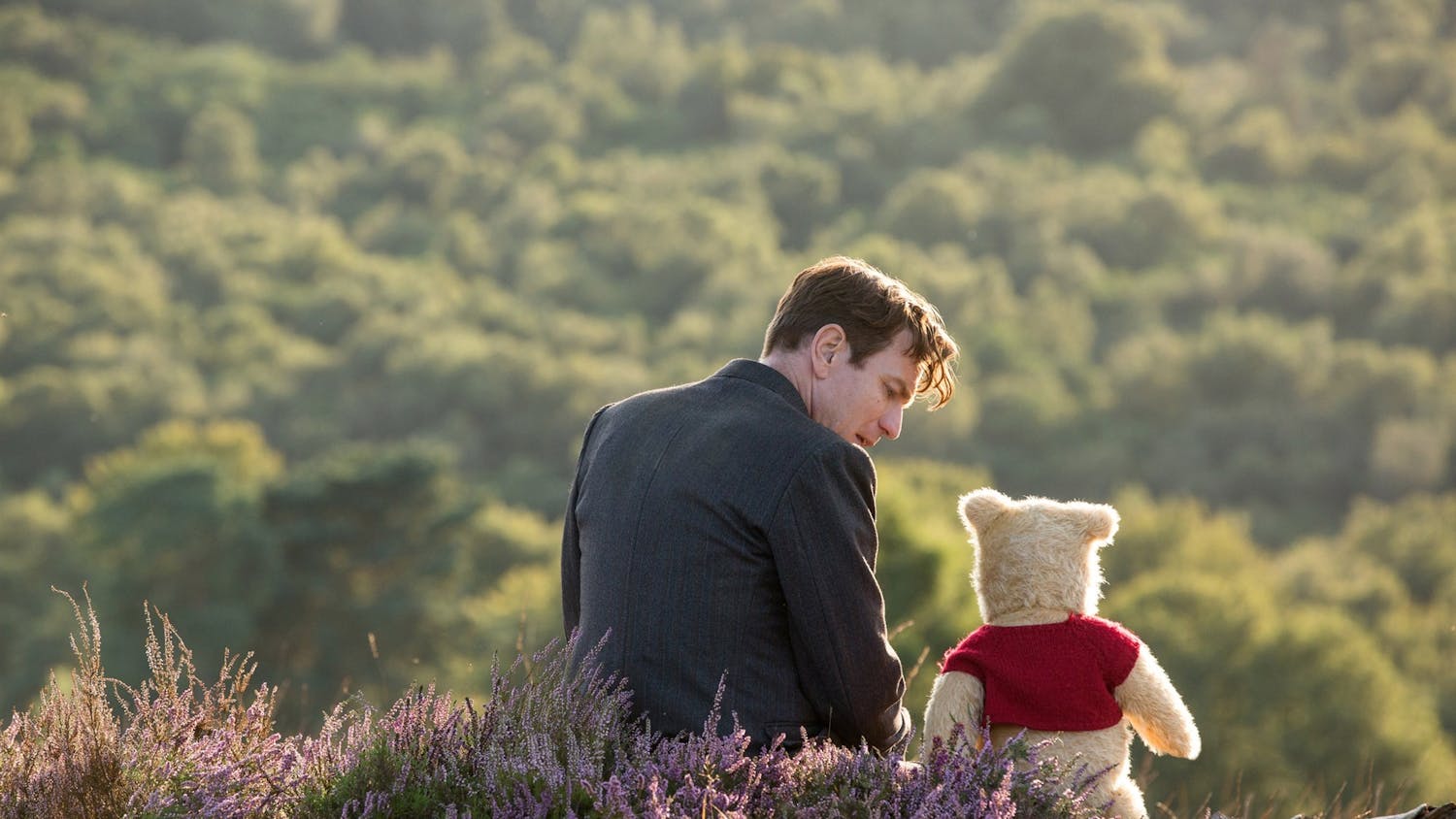As my girlfriend has so kindly reminded me, it’s almost Valentine’s Day. Or is. Or was. It’s around here somewhere is the point.
And for almost as long as Hallmark has been idealizing your romantic life via greeting cards and a manufactured holiday, Hollywood has been idealizing its Katherine Heigl/Jen Aniston (INTL Conglomerate LTD) vehicles and Nicholas Sparks adaptations that serve to remind you how your relationship would be, if you were better.
Or empty. Maybe they’re going for emotionally empty and detached from humanity, I’ve never been quite sure.
This (post- or pre-) Valentine’s Day article isn’t here to celebrate the color-by-numbers, degrading-to-both-men-and-women oversimplification of human romantic interaction that these movies represent.
Rather, I’m going to do my best to address films that handle relationships in a more mature and honest, if sometimes downright fantastical, way (I think it’s worth noting that even the movies that ARE completely insane, whack-a-doo and out there, manage to have more developed and real feeling characters than 99.99% of Rom-Coms).
And yes, most of them have a tragic, candy-heart breaking ending because that’s life, I guess.
Anyways, first on the list is the movie that originally tore the romantic comedy formula apart in 1977, Woody Allen’s “Annie Hall.” Because Woody/Alvie himself tells you in the first minutes of the film that things between him and Annie don’t work out, I don’t feel I’m spoiling anything by telling you that it doesn’t work out.
So, by giving away the ending immediately, he allows the audience to focus on the “why” of the relationship’s failure rather than whether or not it will. Fail, that is.
And it does. Rather than give us the clichéd “boy meets girl, boy/girl has a major quirk, whacky misunderstandings ensue, another boy/girl on the scene to try to steal one of them, everything ends happily” formula, he gives us a portrait of two fully realized, and fully neurotic, unhealthy individuals. Both Annie and Alvie have more problems than the other could reasonably be expected to handle. Yet, they’re so lovable, so real, and so much fun to see together that at first we don’t want to acknowledge the fact that neither of them is good for the other.
But eventually we have to because we’ve known it the whole time. The movie literally told us. It also made us forget for a while. But by the end of the film we care deeply about both of these characters. We feel that we understand them and ourselves better, and know that it’s for the better that things didn’t work out. It’s realistic, it’s mature and it’s emotionally satisfying.
On a semi-related note, whenever people describe the stereotypical “boy meets girl story” it’s always boy and girl, never “man meets woman.” Just, you know, thought that was interesting.
In the same vein of “Annie Hall” is “(500) Days of Summer,” to the point that it too opens with a warning that it isn’t a love story, and that the main characters don’t end up together (again, not really a spoiler).
In “(500) Days of Summer,” lovers Tom and Summer, we get a version of Annie and Alvie (or Sid and Nancy) that is again an honest, realistic portrayal of a relationship and of how easily it can fall apart. Or never even really be that together. Neither character is clearly in the wrong; they’re both just people trying to be happy (this time to a fantastic soundtrack).
And finally, “Eternal Sunshine of the Spotless Mind,” which somehow manages to have more realistic, human feeling characters than most mass produced romantic comedies despite being written by Charlie Kaufman (who also wrote the madness of “Adaptation,” “Being John Malkovich” and “Synedoche, NY,” all of which are great).
Unlike the first two examples, “Sunshine” is rife with spoilers, so I won’t say more than that it’s a metaphysical-ish sci-fi romantic dramedy featuring three or four very complicated relationships while Jim Carrey nails a dramatic role.
It’s pretty completely insane. And it still manages to stay more grounded than most traditional Valentine’s Day type movies. Go watch it instead of “Boy Meets Girl” (which may or may not be an actual movie, I’m not sure).
And fine, for those of you who aren’t quite so jaded there are a handful of perfectly decent, happy-ending type films for you to check out. “Amelie” is a French movie that gives you all sorts of feels, Wes Anderson’s “Moonrise Kingdom” (because I’ll never not mention Wes Anderson) has a ridiculously cute premise with a downright cuddly ending and of course, for the gushiest happy endings, romantic movies and just generally an amazing movie, there’s always “The Princess Bride.”
Was "Boy Meets Girl" your favorite flick? Let Austin know your most superficial feelings at wellens@wisc.edu





